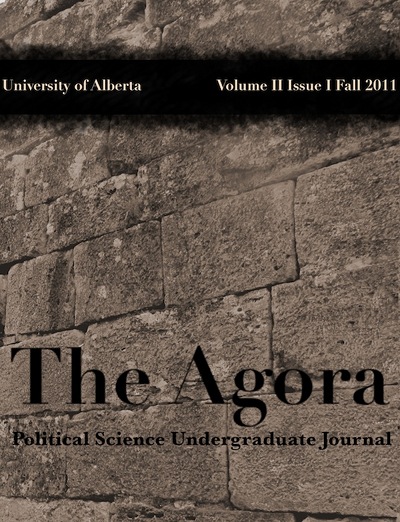Kant’s Universal History and The Paradox of Ethnocentric Egalitarianism
DOI:
https://doi.org/10.29173/agora12403Keywords:
Kant ColonialismAbstract
As a subset of political theory, postcolonial critique exists to examine the fundamental disparity in the asymmetrical power relations between the actors involved in colonial and imperial interaction. Part of this examination includes the assumption that the totalizing nature of imperial practice and its effects are necessarily problematic. This paper examines the notion that there can be a ‘universal history’ for human beings, as sketched in the political writings of Immanuel Kant. In addition, the historical context of Kant’s political theory, centered within 18th century European imperialism, forms a substantial portion of the examination. The paper begins with a consideration of the friction between Kant’s ideas of human freedom and natural necessity. Kant’s solution to this conflict is to sketch a model of historical development that is then applied universally to human beings and human societies. This paper considers Kant’s writings, in their historical context, in order to evaluate the degree to which Kant is subject to the problems inherent to the discourse of imperialism.
Downloads
Published
Issue
Section
License
Authors who publish with this journal agree to the following terms:
- Authors retain copyright and grant the journal right of first publication with the work simultaneously licensed under a Creative Commons Attribution License that allows others to share the work with an acknowledgement of the work's authorship and initial publication in this journal.
- Authors are able to enter into separate, additional contractual arrangements for the non-exclusive distribution of the journal's published version of the work (e.g., post it to an institutional repository or publish it in a book), with an acknowledgement of its initial publication in this journal.
- Authors are permitted and encouraged to post their work online (e.g., in institutional repositories or on their website) prior to and during the submission process, as it can lead to productive exchanges, as well as earlier and greater citation of published work.


